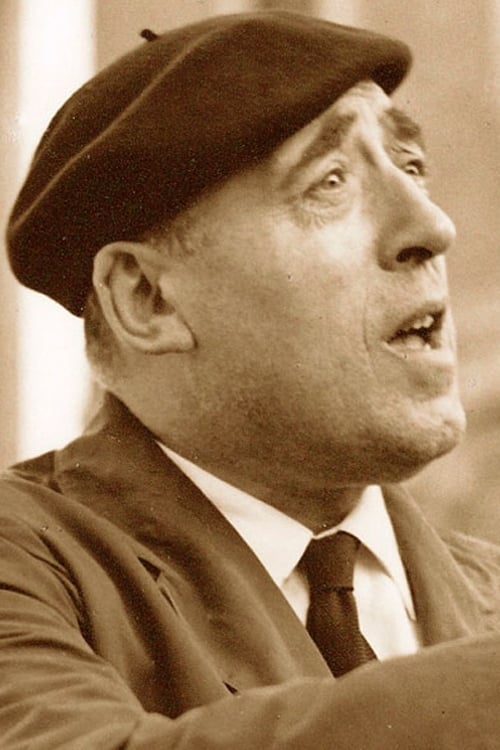The Truth (1982)
People live without thinking. Millions.
Genre : Drama, TV Movie
Runtime : 1H 5M
Director : Cesare Zavattini
Synopsis
The film tells of old Antonio, 81, who refuses to stay in a mental home and walks away. He hits the streets to give a message to people: be yourselves, tell what you think, make love and stop with violence against the weaker members of society. When he realizes nobody will listen, he tries to take his life by holding his breath, but he doesn't succeed.
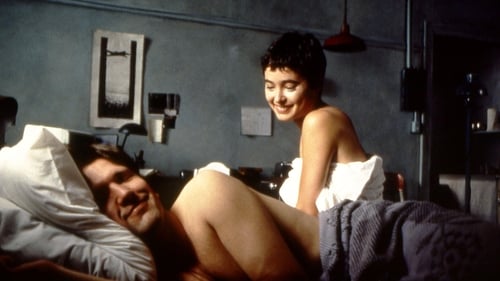
Jude, a college professor, is obsessed with Sophie, his student. She, in turn, is intrigued by his scholarly charm. Flirtation turns to lust and the two become lovers.
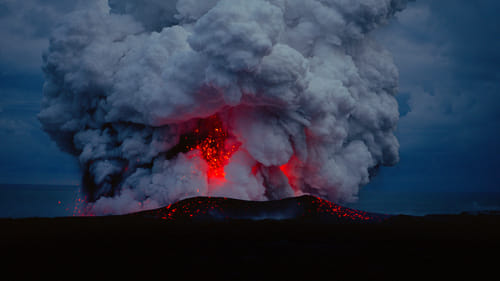
A celebration of the universe, displaying the whole of time, from its start to its final collapse. This film examines all that occurred to prepare the world that stands before us now: science and spirit, birth and death, the grand cosmos and the minute life systems of our planet. (Wide release version with narration by Cate Blanchett.)

On the 100th anniversary of the founding of a watchmaking company in Geneva, Charles Dé the founder's 50-year-old grandson has had it: he speaks eccentrically to a reporter, recognizing his grandfather as a craftsman and his son as a businessman, but is evasive about himself. He gives his family the slip and moves in with a young couple he meets by chance, doing the cooking, reading, drinking, and engaging in philosophical discussions with them. The young couple comes to love Charles. In secret, he stays in touch with a daughter, and the rest of the family hires a private investigator to find him, setting in motion a business take-over that threatens his Bohemian happiness.

Christopher Gabriel, a young American, suffers from constant nightmares. These dreams have been coming for a long time, and nothing seems to be able to stop them. Suddenly, an unknown group of people kidnaps him and conducts a number of strange experiments. Initially, he is terrified, but unexpectedly, they help him realize that he is not an ordinary guy and is meant to accomplish an important mission. His dreams are the key to the answer.

Historical film directed and written by Sacha Guitry follows the the history of Paris from its founding through the significant events in the city's history.

A young queen falls in love with her physician, and they start a revolution that changes their nation forever.
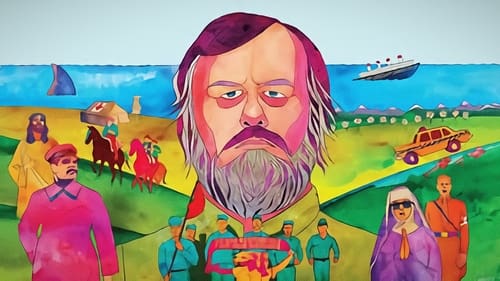
A journey into the labyrinthine heart of ideology, which shapes and justifies both collective and personal beliefs and practices: with an infectious zeal and voracious appetite for popular culture, Slovenian philosopher and psychoanalyst Slavoj Žižek analyzes several of the most important films in the history of cinema to explain how cinematic narrative helps to reinforce prevailing ethics and political ideas.

Two astrologist from the spanish cosmic legion are sent to a galaxy full of evil radiation to achieve the hardest mission of their lifes. Along the road they will know each other, personal self-realization will be inminent. Two years ago the captain Gross and the sargen Klein began an epic adventure with very limited resources. Together they found the meaning of the life: "you have to eat and drink".

A portrait documentary tracing the inspiration, philosophy and imagination of the celebrated theatre and screen writer - and Bunuel's long term collaborator - Jean Claude Carrière. Carrière predicts that between the house he was born in and the cemetery in which he will end there is a life journey of just 250 meters. "Carrière: 250 Meters" follows him as he reflects on the wealth of global traditions of storytelling, travelling through past and present, across countries and cultures from Paris to New York, Mexico and India and joined by his family, friends and collaborators. A testament to the life and work of an extraordinary man and a key architect in contemporary cinema.

A visceral documentary focusing on the Slovenian collective art movement known as NSK ('Neue Slowenische Kunst') and its varied branches: 'Laibach', 'Irwin', and 'Red Pilot'.
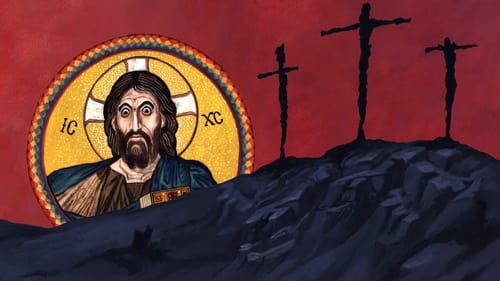
Jankovics's adaptation of the eponymous play is divided into multiple parts, and depicts the creation and fall of Man throughout history.

Csontvary Kostka Tivadar was a Hungarian painter, and the actor Latinovitsj Zoltan, who was originally slated to play him in the film, committed suicide during the preliminary planning.

A musician who lost his hands falls for a woman whose technologically adept friends help him make a comeback.

An American art dealer (Miguel Sandoval), who specializes in southwestern topaz, arrives by train in Liverpool. Similarly, a very proper British art dealer (Alex Cox), who specializes in African art, arrives in the same hotel. The two meet in the hotel's abandoned restaurant and decide to set off in finding an evening meal, which becomes problematic immediately when the Brit reveals he is vegetarian. While following their pursuit of a mutually acceptable meal, the main point of the film is their discourse en route to their various attempts at an eatery.

Movie version of Mary Mellow's autobiographical one woman show of a spiritual knockdown with almost happy but enlightening ending and a lot of tea.

Exploring the life and impact of the greatest spiritual and legal philosopher in Islamic history, this film examines Ghazali's existential crisis of faith that arose from his rejection of religious dogmatism, and reveals profound parallels with our own times. Ghazali became known as the Proof of Islam and his path of love and spiritual excellence overcame the pitfalls of the organised religion of his day. His path was largely abandoned by early 20th century Muslim reformers for the more strident and less tolerant school of Ibn Taymiyya. Combining drama with documentary, this film argues that Ghazali's Islam is the antidote for today's terror.

Menon runs into his former wife Grace, who is married to a bedridden Mathew and loves him immensely. The movie revolves around their crossing and emotes the meaning of love and its various forms.
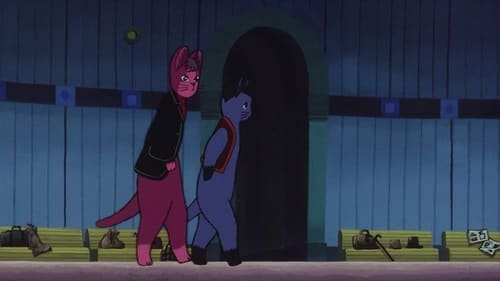
Giovanni currently lives a dreary life of near non-stop work. At school, his peers ridicule him incessantly, and his employer at work is distant and cold. As his isolation from society becomes unbearable, he suddenly finds himself on a train heading far away from his miserable home. Accompanied by Campanella, an acquaintance from school, Giovanni embarks on a journey that will define the rest of his life.

It's 1999, and as the end of the millenium approaches, people are attempting to find spiritual enlightenment. But a few people want to skip all the work that entails, and a holy Tenktonese relic in the hands of a heretic is giving them a shortcut. But it's not quite as easily controlled as she says.

Sofie is an ordinary Norwegian girl. One day she recieves a video tape on which a certain Alberto Knox talks directly to her from ancient Greece. They then start to meet at different occasions and throughout the film, Alberto takes Sofie on an odyssey of the history of philosophy, from ancient Greece, over the Roman empire, the Middle ages, the renaissance, the enlightenment, the big revolutions and up to today. Throughout this journey, they start to realise that they are only fictions of a story writer's imagination and start conceiving a plan for escaping into reality. (Written by Anders E Lundin )
